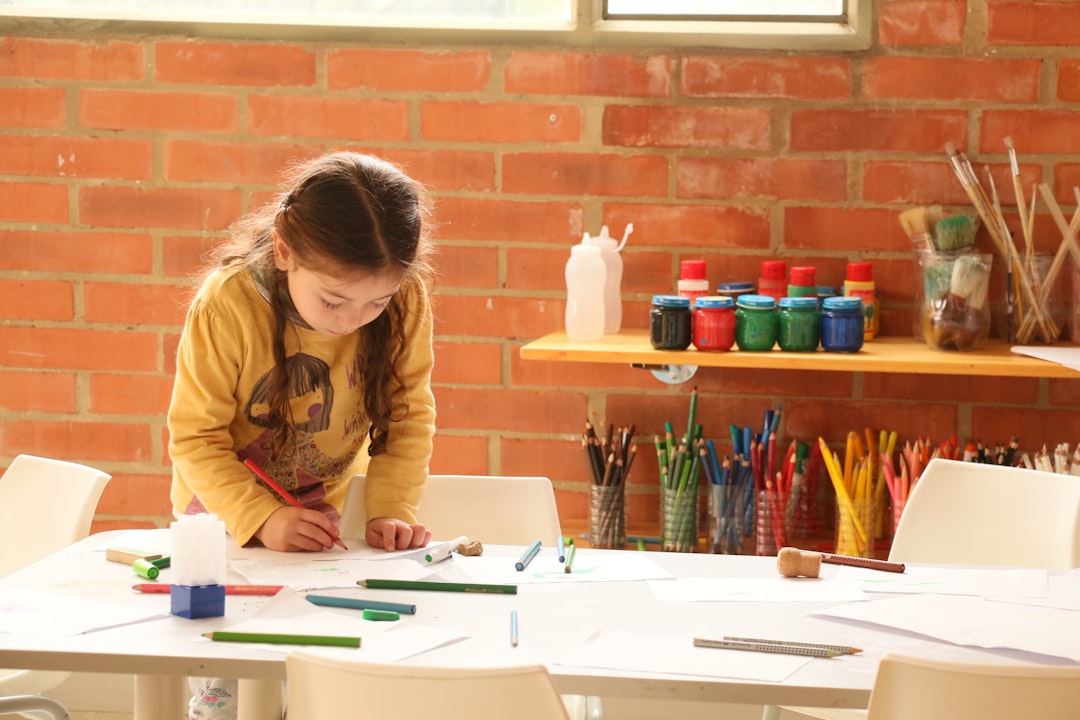The Power of Field Trips in Enhancing Learning Experiences
Education is not limited to the four walls of a classroom. While textbooks and lectures play a vital role in transmitting knowledge to students, there is an inherent need for practical experiences that can truly enhance learning. Field trips provide this invaluable opportunity to bridge the gap between theoretical concepts and real-world applications. They offer a myriad of benefits that go beyond the confines of traditional teaching methods.
Firstly, field trips ignite curiosity and stimulate a sense of wonder in students. When exposed to new environments, such as museums, science centers, historical sites, or even nature parks, students are able to visually and kinesthetically explore new concepts. For example, a history lesson about ancient civilizations becomes far more engaging when students can visit a museum and see artifacts up close. The ability to touch, discover, and interact with exhibits offers a tactile learning experience that stays etched in their memories for years to come.
Secondly, field trips encourage critical thinking and problem-solving skills. Students are required to analyze and interpret information presented before them, drawing connections between what they have learned in class and what they observe on-site. Whether it is deciphering a mural’s meaning in an art museum or examining rock formations during a geological trip, field trips enable students to apply their knowledge in real-time, thereby fostering creativity and innovation. This empowers students to develop a deeper understanding of subjects and enhances their ability to think critically in diverse environments.
Furthermore, field trips provide an avenue for social and emotional growth. Students interact with their peers and teachers in a more informal setting, allowing for a deeper connection and collaboration among them. These experiences create a sense of shared learning and foster a classroom community that can carry over into daily interactions back at school. Field trips also expose students to diversity, both in terms of people and their surroundings. This exposure to different cultures, environments, and perspectives not only broadens their horizons but also cultivates empathy and understanding, which are essential life skills in an increasingly interconnected world.
Moreover, field trips can break down barriers, opening doors to professions and places that students may never have considered otherwise. For instance, visiting a workplace, such as a hospital or a technology company, can offer a glimpse into potential career opportunities. At-risk students, who may lack positive role models or have limited exposure outside their immediate surroundings, greatly benefit from these experiences. Field trips can serve as a catalyst for motivation, inspiring them to work towards their goals and broaden their aspirations.
The benefits of field trips are not limited to the students alone. Teachers also reap rewards from taking their students on these educational outings. They witness firsthand how their students engage with the material in a real-world context, enabling them to adapt and refine their teaching methods accordingly. Teachers who design and lead field trips also develop valuable skills in curriculum planning, organization, and risk assessment. Collaborating with professionals in different fields for these trips allows teachers to establish valuable connections and broaden their own knowledge base, thereby enhancing their teaching effectiveness.
However, it is important to acknowledge the potential challenges in organizing field trips, such as cost, logistics, and safety concerns. These obstacles should not discourage educators from incorporating field trips into their curriculum, as the rewards far outweigh the challenges. Financial assistance can often be secured through grants, community partnerships, or fundraising efforts. Effective planning and communication can address logistical issues, ensuring a smooth experience for all involved. Lastly, safety protocols must be established and followed to mitigate risks, ensuring the well-being of students during these excursions.
In conclusion, field trips are a powerful tool in enhancing learning experiences for students. They provide hands-on learning opportunities that activate curiosity, critical thinking, and problem-solving skills. Field trips also foster social and emotional growth, while breaking down barriers and broadening students’ horizons. Teachers, too, benefit from field trips by gaining insights into their students’ learning styles and immersing themselves in new knowledge and experiences. Despite the potential challenges, the transformative impact of field trips makes them an essential part of a holistic education.









